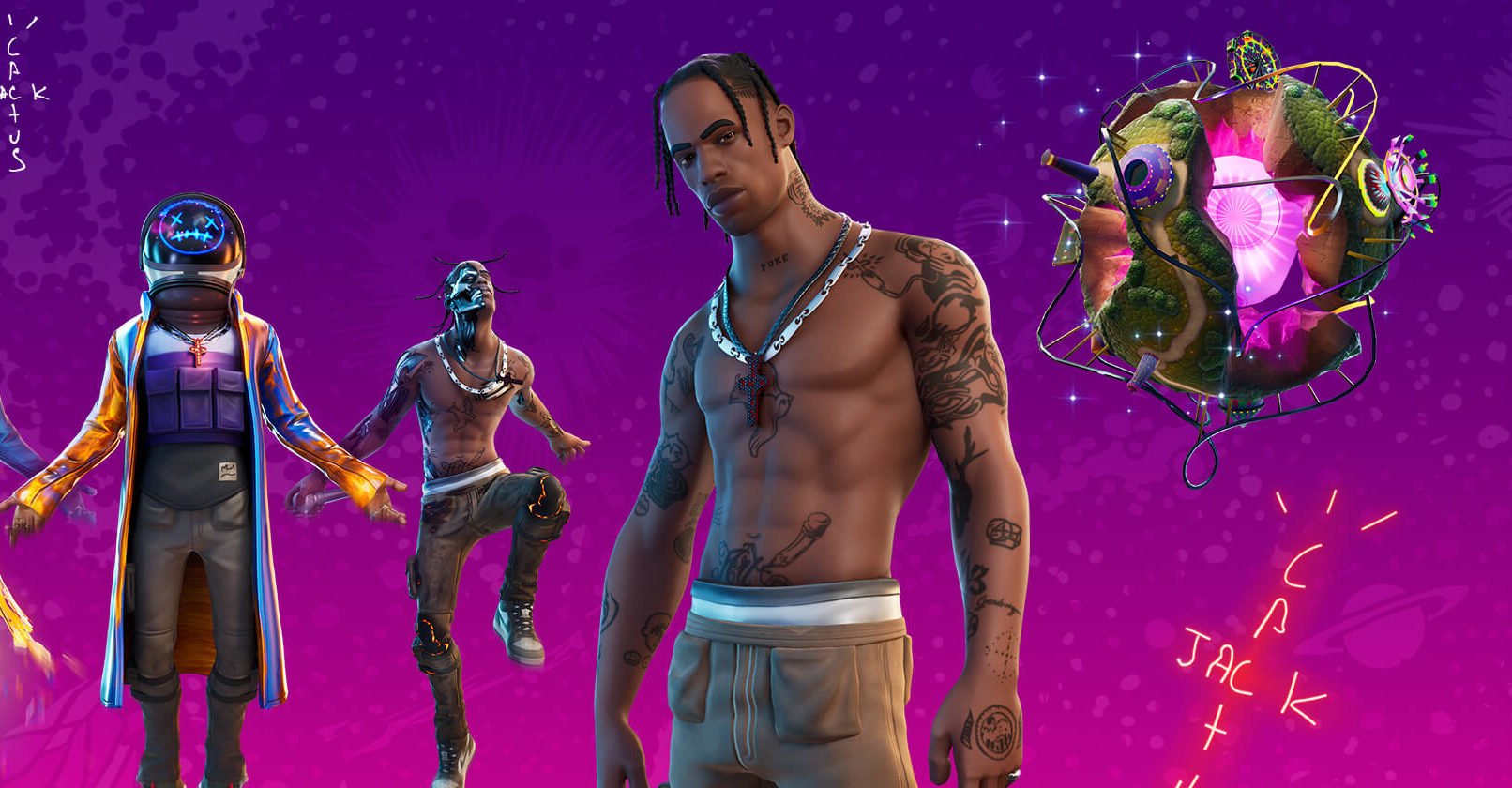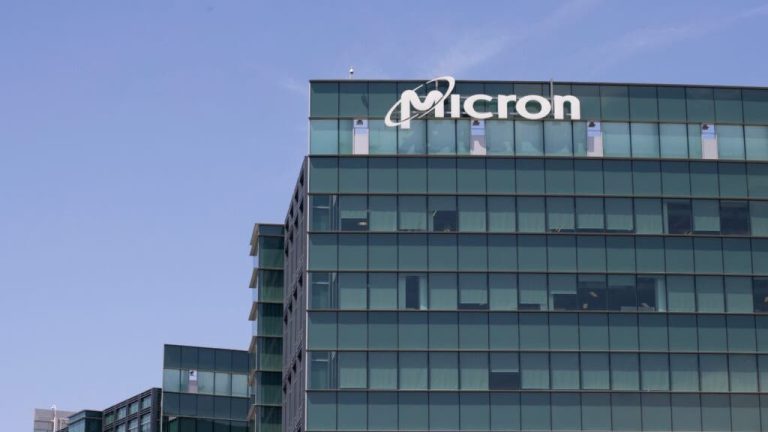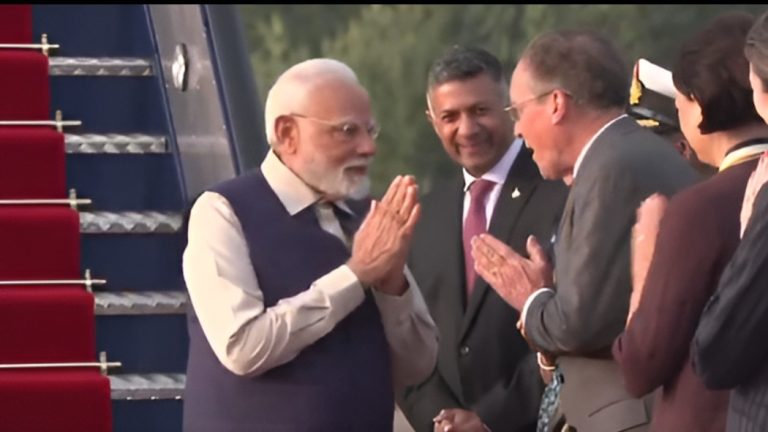Video game company Epic Games has successfully defended itself in a trial where it was accused of patent infringement in Fortnite concerts by Ariana Grande and Travis Scott.
In a verdict handed down on Monday (May 19) in a federal court in Seattle, jurors found Epic Games didn’t violate a patent held by Utherverse Gaming LLC, a company that licenses patents for the creation of virtual environments. A related company, Utherverse Digital, operates platforms for virtual events.
The jury found that neither the Ariana Grande concert nor the Travis Scott concert in Fortnite violated Utherverse’s patent.
Utherverse had asked the court for 15% of the revenue that Epic Games had made from the two concerts, which, according to Law360, would have amounted to $32.5 million.
Travis Scott’s virtual rap concert in Fortnite in 2020 saw a record turnout of 12.3 million live attendees, and Ariana Grande’s show in 2021 is believed to have been on a similar scale. Both Scott and Grande were estimated to have made around $20 million from the virtual shows.
Utherverse sued Epic Games in June 2021, alleging that Epic Games had infringed on several of its patents. The company said the patents were for processes designed to solve a problem with very large virtual experiences: Past a certain point, the processing power and bandwidth needed to add more users to the space would grow “exponentially.”
In January 2022, Epic Games responded with a counterclaim that Utherverse’s patents were invalid under US patent law. Over several years of legal back-and-forth, the case was narrowed down to a single patent held by Utherverse.
Titled “Method, System and Apparatus of Recording and Playing Back an Experience in a Virtual Worlds System,” the patent describes – among other things – a process for “replay[ing] a scene that occurred in a [virtual] environment, such as a concert, a wedding or a lecture.”
“There was no experience in a virtual environment until the animations were played as part of the [Grande and Scott concerts], and Epic did not record those events or the experiences that took place within them.”
Epic Games
Epic, represented by law firm Morrison & Foerster, denied that it had infringed this patent. The company’s key argument was that its virtual concerts aren’t “replays” of something that had happened in a virtual environment, but had been created in advance, before being placed into a virtual environment.
The Grande and Scott shows “were not recordings of a prior experience that occurred in a virtual environment and thus are not a ‘recorded experience file’ as construed by the court,” Epic Games said in a pre-trial briefing.
“There was no experience in a virtual environment until the animations were played as part of the [Grande and Scott concerts], and Epic did not record those events or the experiences that took place within them.”
Epic also argued that the patent was invalid, in part because of the existence of “prior art,” that is, the process described in the patent had been used before the patent was filed. The company cited the game StarCraft II, as well as other patent applications, including one by Sony Corp.
Since its launch in 2017, Fortnite has seen 650 million user registrations and, at last count, had around 60 million daily active users.Music Business Worldwide






